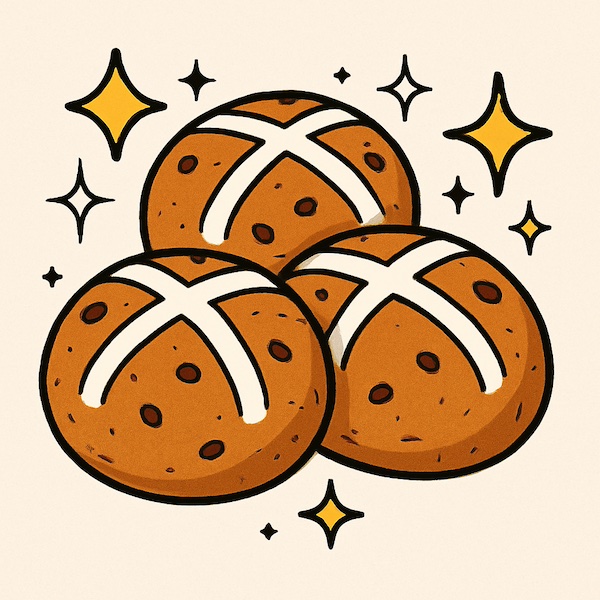We just celebrated the Lughnasa Sabbat, the mid-point of Summer. Lughnasa is mentioned in some of the earliest Irish literature and definitely has pagan origins. The festival itself is named after the god Lugh. The name is a combination of Lug (the god Lugh) and násad (an assembly). Later spellings include Lughnasadh and Lughnasa.
So which is it?

The name you hear most commonly is Lammas, which is what most people recognize. And I really resent Wiccans/pagans using this name. That name comes from the old-Anglo-Saxon word for “hlaef-mass,” loaf mass, the mass in the Roman Catholic Church where the first loaf of bread from the new crops is consecrated. Definitely Christian etymology.
The older, pagan names are so much more appropriate. Lugh is one of the most well known Celtic deities and he came to be associated with grain in Celtic mythology. His celebration day was August 1, and that date ties in with the first grain harvest in agricultural societies in the Northern Hemisphere. The word for August in Irish Gaelic is lunasa. Lugh is honored with grains and bread, and other symbols of the harvest. Because of its connection to the Harvest it is customary to celebrate with the sharing of a fresh loaf of bread. Any grain will do for that bread.
Honor Lugh with bread… and get it right!
One of my biggest pet peeves is when people are doing a very European Rite, and using cornbread! People, corn wasn’t in Europe until AFTER 1500 CE. The word CORN was an old Anglo-Saxon word for grain, which is why we call that grain corn today. References in old texts to corn any time before 1500 CE are talking about oats or wheat.
If you love the name Lammas and insist on using, thank the Roman Catholic Church. And don’t get me started on the name MidSummer for Litha.